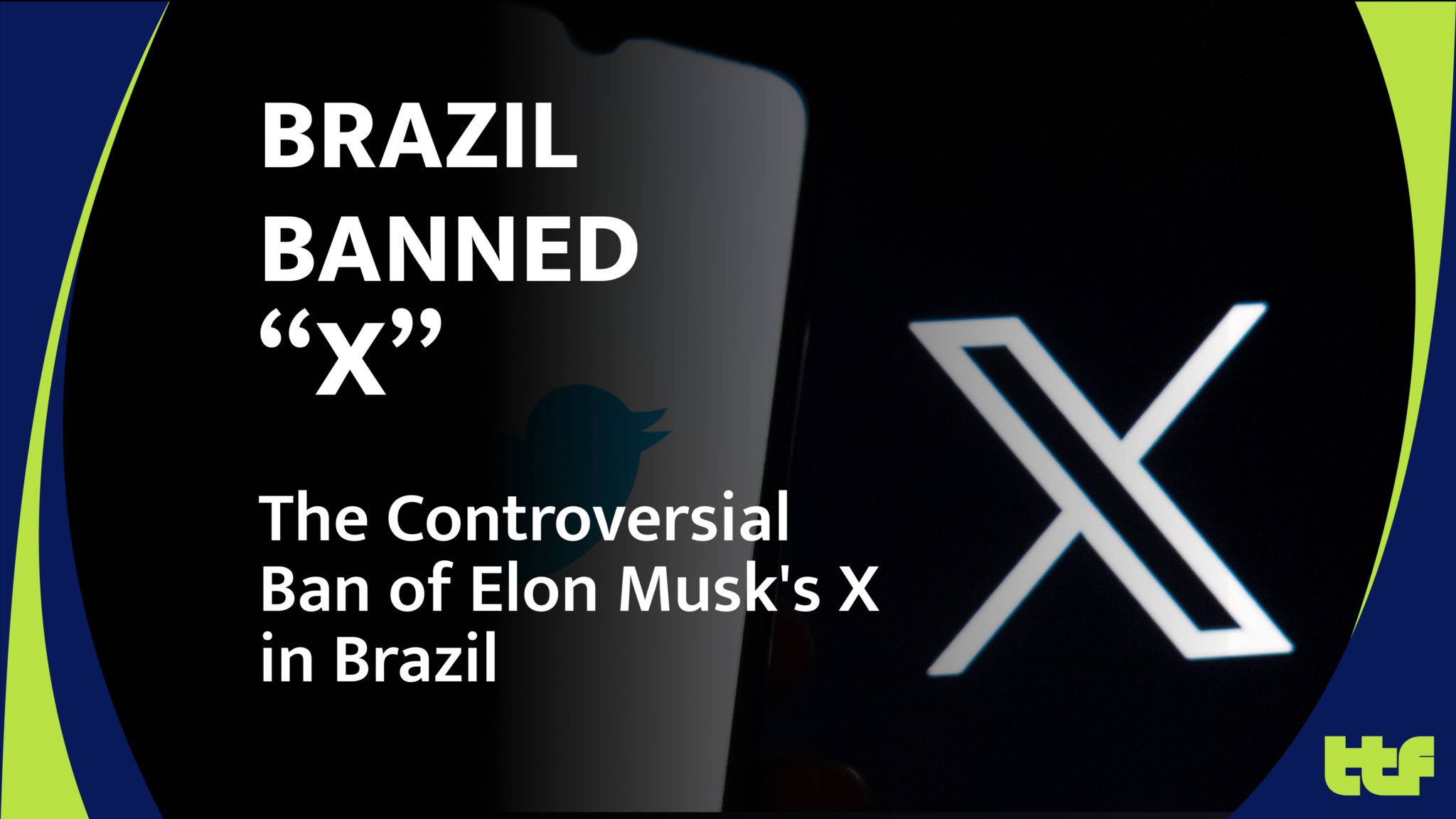Elon Musk’s social media platform, X (formerly known as Twitter), has found itself embroiled in a significant legal dispute with Brazil’s Supreme Court. The platform was banned in Brazil due to its failure to comply with a court order, sparking debates about free speech, legal obligations, and the role of social media in modern democracies. This article delves into the reasons behind the ban, the repercussions for X, and the broader implications for tech companies operating in regulated environments.
Background of the Ban
In August 2024, the Brazilian Supreme Court, led by Justice Alexandre de Moraes, ordered the immediate suspension of X throughout the country. The court’s decision came after the platform failed to comply with legal requirements, such as naming a local representative and removing accounts spreading disinformation and hate speech. This led to a 24-hour deadline for compliance, which X did not meet, resulting in a complete ban and a daily fine of approximately $1 million.
The Legal Battle Unfolds
The ban marked a significant escalation in the ongoing feud between Elon Musk and the Brazilian judiciary. Justice Moraes accused Musk of attempting to undermine the court’s authority and disregarding Brazilian laws. In a strongly worded statement, Moraes described Musk’s actions as a deliberate strategy to evade legal accountability. The ban also included measures to prevent access through VPNs, with additional fines for individuals and companies attempting to circumvent the restriction.
Musk’s Response: A Fight for Free Speech?
Elon Musk, a self-proclaimed free speech absolutist, has fiercely criticized the ban, arguing that it stifles free speech and represents political censorship. He accused Justice Moraes of using his position to suppress dissenting voices and claimed that the judge’s actions were politically motivated. Musk’s stance has resonated with many who view the ban as an overreach of judicial power, while others argue that social media platforms must adhere to local laws, even if they conflict with broader free speech principles.
The Role of Technology in Bypassing the Ban
Despite the court’s orders, X temporarily became accessible to users in Brazil due to a change in its network providers. The company stated that the service restoration was inadvertent and blamed a technical update for the violation of the ban. This incident led to an immediate fine of approximately $921,726.95 and further strained relations between X and Brazilian authorities.
Implications for Social Media Platforms
The ban on X in Brazil raises critical questions about the responsibilities of social media companies in regulated markets. While platforms like X argue for minimal restrictions to uphold free speech, governments assert the need for regulation to prevent the spread of harmful content. The Brazilian case highlights the complex balance between these competing interests and sets a precedent for how other countries might handle similar situations






